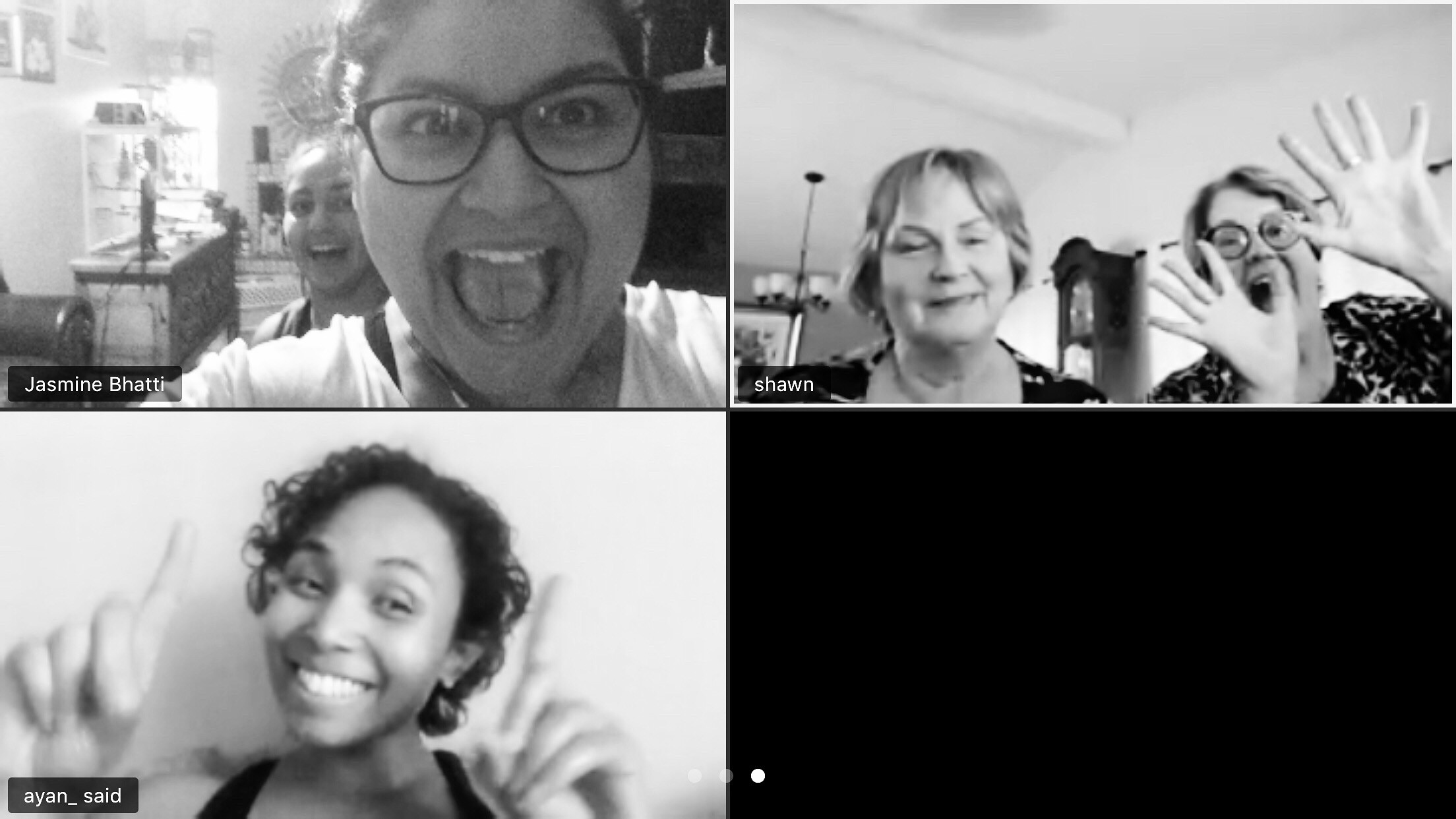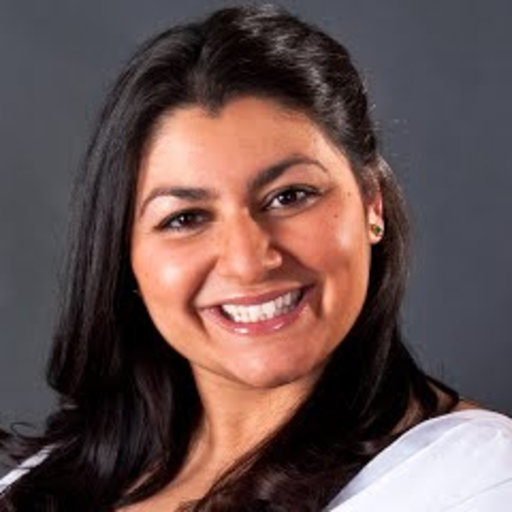If you want to learn about the challenges in health care, you can ask just about anyone. If you want to learn about ways to solve those challenges, ask a nurse.
Jasmine Bhatti is a nurse, a PhD student in Arizona State University’s Edson College of Nursing and Health Innovation and, now, an entrepreneur.
Her startup, Navi Concierge Nurses, was born out of a problem her hospital patients kept running into when it was time to be discharged. With the help of the HEALab last fall, it came to life fairly quickly.
“I worked as a teacher’s assistant for ASU 101, and one of the requirements for Edson College students in this course is that they spend a day in the HEALab. That’s when I first learned about everything they did and had to offer for students and anyone at ASU with a health-related idea,” said Bhatti.
After that visit, she reached out to Clinical Professor Rick Hall, director of the HEALab and senior director of health innovation programs at Edson College, to set up a meeting and share what she had in mind for a health care business.
Her idea was to create a marketplace connecting nurses to people in need of medical guidance and support after a hospital stay or outpatient surgery, or for families seeking additional help for aging loved ones. The goal is to fill the gap left when patients don’t qualify for home health care but still need a bit of professional help.
Jasmine Bhatti
“When people are sick and in the hospital, they’re vulnerable. When they’re getting ready to leave they’re being flooded with information and they can’t really absorb it. So by the time they get home, they may have an idea of what they’re supposed to do but then they don’t remember,” she said.
Her time spent with Hall describing this concierge nurse marketplace went really well.
“After one meeting, I knew that her idea behind Navi had significant potential — and she ran with it,” Hall said.
As a result of their meeting, Hall connected Bhatti with a professor in the Ira A. Fulton Schools of Engineering. From there she worked with graduate students and had them build a very simple model of what the technology would look like.
Hall also encouraged her to join Venture Devils, a suggestion that would prove incredibly fruitful in many ways just a few months later.
Navi Concierge Nurses was no longer just an idea in her head, but an actual startup and things moved quickly from there. She brought on two team members, Ayan Said and Shawn Harrell; they had their first paying customers lined up and were preparing their pitch for Venture Devils Demo Day.
Then the coronavirus hit, and their momentum halted as they worked to determine the safest way forward for their nurses and patients. While that was going on, Bhatti — who works at a local hospital caring for COVID-19 patients — said she began seeing another problem.
“What we started to realize with COVID is that people who are discharged from the hospital are having to absorb the home care plan on their own because no visitors are allowed. So if they miss something or they forget what they’ve been told, they’re on their own,” she said.
It became clear Navi Concierge Nurses could help solve that problem for people, once they identified and implemented the necessary precautions to start taking on patients again.
In the meantime, the team was still working on their pitch for Venture Devils Demo Day, which was held virtually this spring. They were excited to pitch and thought it went well.
“It’s the year of the nurse, and it's such a profound time for the spotlight to be on nurses and what it is that we do and why our work is so important. We went into our pitch with the attitude of now is the time when nurses can make an impact on the community and we want to be a part of that,” said Bhatti.
They knocked it out of the park, winning $10,000, one of the largest funding amounts of the event.

The Navi Concierge Nurses team celebrates on Zoom after learning they won $10,000 in funding during Demo Day.
That was in May. By late June they’d started taking patients again and had competed in another pitch competition, making it to the final four. The momentum was rebuilding, and the business was back on track with plans for a technology component in development.
“Jasmine has two co-founders, an advisory board, funding opportunities, and paying customers. It is even clearer to me today that this idea has the right team to connect talented nurses and nurse practitioners directly to people through technology that is disruptive and needed,” said Hall.
For her part, Bhatti is adamant that none of this would have happened without the resources of the HEALab and the startup community in the Valley. The connections made, the mentors established and the doors that continue to open are because of the solid entrepreneurial environment that has been developed here.
All of those elements and the tremendous support allowed her to focus on the purpose and the mission of Navi Concierge Nurses. Her hope for the future is to provide a meaningful and successful service while showing her fellow nurses that there’s so much more they can do.
“It’s hard because nurses, we’re innovative but we don’t really take credit for things and we don’t often step outside of the box. So we want to show nurses that it’s possible to create the solutions we all talk about and encourage them to not be afraid or to let things hold them back and go after what they want.”
More Health and medicine

From lab to startup: ASU researchers drive health innovation
By Emmanuelle ComptonThe future of engineering-driven health innovation is currently unfolding at Arizona State University.In the…

Creepy-crawly science that matters
Written by Douglas C. TowneWhen Karen Clark was a child traveling with her grandfather, the late ASU Professor Herbert L. Stahnke…

A new heart
Written by Daniel Oberhaus, ’15 BAEach year, around 1.3 million children are born with congenital heart disorders, malformations…

